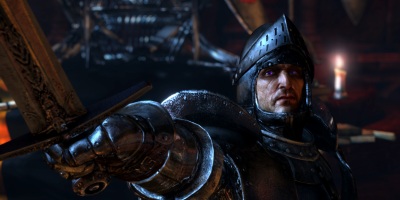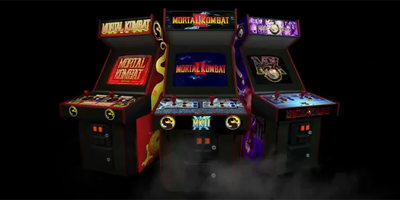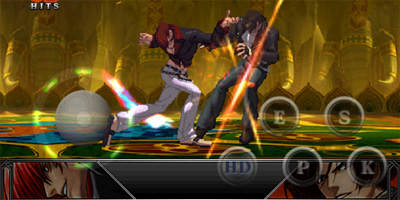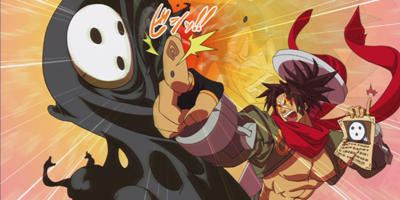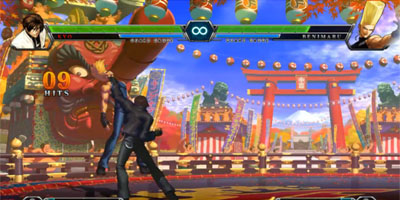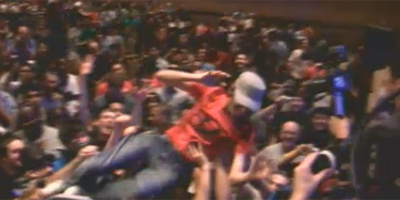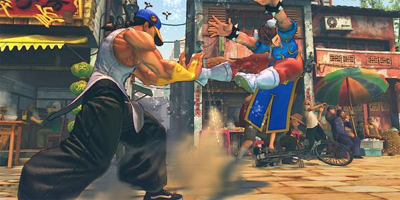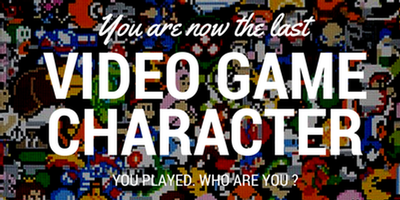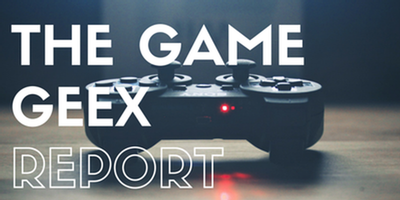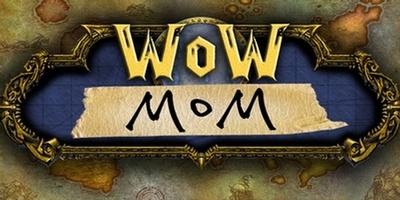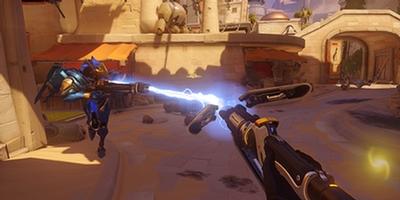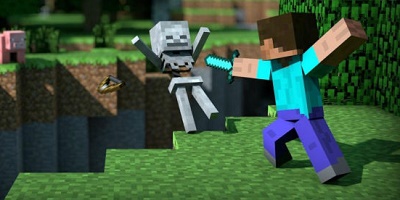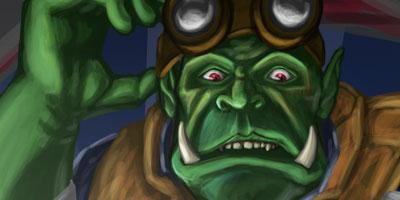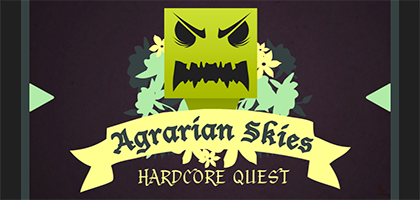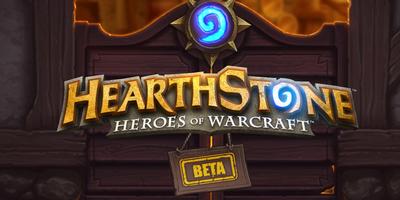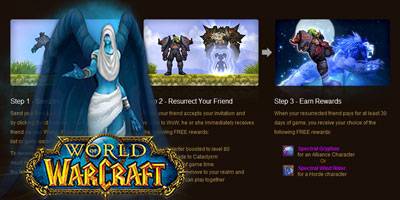- by Michael "Sir Loin of Beef" Revis
- Posted on September 7, 2011 @ 7:11 PST

The element of a story. It’s the driving point of many video games today. Without it, there is no clear indication of what is going on. Whether it’s trying a find a way to restore the world after a cataclysmic event, or merely trying to find out who is leaving graffiti all over a peaceful city. The element of the story has grown in importance in modern gaming as a requirement for closure of the events that transpire, rather than an afterthought.
Yet even today, fighting games still struggle to establish this core area for a complete entertainment package. Originally, people were content with the common setting of “the bad guy is organizing a tournament so that he can destroy the top warriors and conquer the world.” Back when Street Fighter II created the formula for fighting games that we still follow today, we were okay with that. If you wanted an in depth storyline, you would either play an RPG instead, or simply watch a movie or read a book. Video games just hadn’t evolved that far yet.
However, times change, and video game developers have realized the ever-increasing need for a consistent plot. A reason that these characters are risking their lives to perform these grandiose feats. An explanation for why the bad guy is doing these things. And yet, fighting games still struggle with playing catch-up in the field of story telling.
That’s not to say that developers haven’t made progress as of late. Many are growing aware of the fact that their characters need a better reason to be going against each other, a way to establish their relationships. Arc System Works, for example, has been making huge strides in storytelling, by developing engrossing plotlines for both Guilty Gear and BlazBlue, stories that involve all the characters in some shape or form.
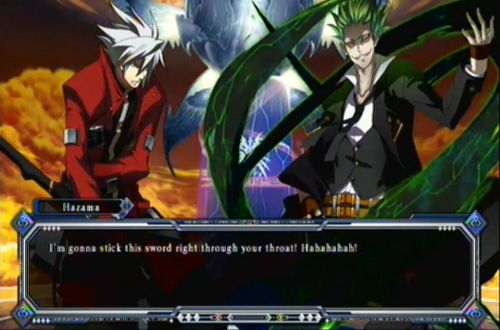
However, even they are falling behind the other genres. As of BlazBlue: Continuum Shift, they are still stuck with relying on still anime portraits and dialogue boxes to portray events during the story segments, with the occasional animated cutscene. While it’s not impossible to use one’s imagination to fill in the gaps, it creates a conflict where some important events have troubles delivering a proper impact to the viewer because of the lack of visuals. Blame the lack of a large budget if you want, or the anime fan niche that they try to shoot for. For many, however, the lack of proper imagery isn’t enough to hold the average person's attention for very long.
Despite this drawback, there are worse offenders out there in the world of video game storytelling. King of Fighters, for example, while having a rich storyline filled with mythology, doesn’t put it on the front seat as much as fans could hope for. Such things are usually saved for the ending cutscenes, where the events all play out according to what team you used. Everything else is saved for drama CDs and comics, largely because they can both fill in the gaps in the original story, and help generate profit. And while I’m really rooting for KoFXIII to be successful when it hits consoles next month, I have a strong feeling that whatever story mode they have in the console version will fall under the same problem.
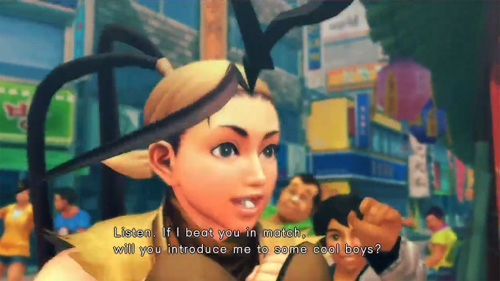
The immensely popular Street Fighter series is probably the biggest culprit in the lack of story. Yes, I can already hear some of you regular GameGeex readers moaning that I’m picking on Capcom again, but this is a legitimate criticism. Whereas some series manage to fit in some semblance of a coherent plot, Street Fighter’s storylines continue to come off as something they decide to tag on at the last minute. Half of the characters that are on the roster barely have any significance to the events itself, and pretty much any material related to canon is relegated to comics and other media. Hell, in Street Fighter 4, Ibuki’s story is pretty much just her looking to hook up with a guy, and Cody’s is mostly him just trying to stave off boredom! This leaves the spotlight on a select few characters, while everyone else is just piddling around doing their own thing. The only other game that’s come out as of late that can compete with such a drastic lack of story is Soul Calibur 4, where the plot was almost nonexistant.
Because of all of these factors, a stigma has risen up that fighting games just don’t have room for a proper storyline. Which is probably why everyone was surprised at how incredibly well done Mortal Kombat 9’s story mode was. The script writing, the acting, the entire thing being animated, the balance between watching the story unfold and the playable segments, the way every character interacted with each other, eliminating all of the things that made zero sense in the original plotline. Everything was done near perfectly (though a common criticism holds that the last couple chapters had some quirks that made them less enjoyable). I’m even willing to go so far as to say that Mortal Kombat 9 set a new standard for how story should be done in fighting games. And for a western title doing that much in a genre that’s largely been dominated by the east for years, that’s a huge accomplishment.
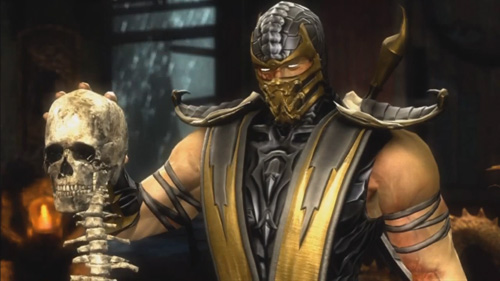
But, is such a brilliantly done story from a single game enough to change things? That’s the underlying question. Not a day goes by when I hear the common phrase from hardcore fighting fans “why would you play a fighting game for the story?” While these particular fans can generally be content with having a simple arcade mode, some of them also don’t appreciate all of the little intricacies that go on between the individual characters. And I feel that’s where the beauty of the stories can be found. For example, the relationship in Fatal Fury between Terry Bogard and Rock Howard. With Terry having killed Rock’s father, Geese, he takes Rock in under his wing, only to have him leave him at the end of Garou: Mark of the Wolves in search for his mother, whom he thought was dead. It’s these character-to-character relationships that can be a strong selling point for many people, whether it’s trying to determine who to play as, or looking for a favorite moment in the game's canon.
It’s those moments that need to be brought out in the story. Sure, it may not appease the hardcore crowd, but it does pull in a wider majority, the ones that may not have time to practice single-frame combos that serve little purpose other than to be flashy. Simply having a strong plot isn't the only things that's needed, though. Developers need to make sure all of the characters are involved in the story, not just standing off to the side. That the story telling segments are animated and can draw the viewer’s attention. That the plotline is engaging and can grasp the imagination of those playing. This is what is already present in games of other genres that fighting games overall are lacking, and if developers truly want them to grow in popularity, then having a deep, engrossing storyline is one of the key areas that needs to be addressed.
Unless, of course, you prefer a storyline about how a schoolgirl ninja is looking for a guy to sleep with.
- Editorial
- BlazBlue
- Fatal Fury
- Guilty Gear
- King of Fighters
 Mortal Kombat
Mortal Kombat- Street Fighter
- Fighting
- Story
When it comes to story in fighting games, the Soul Calibur series started out awesome. Specifically, I have to point to Siegfried's story of how he went insane and killed his own father, then completely blocked out the trauma and spent the next few years hunting his father's killer, convincing himself that each opponent in turn must have been the murderer.
This was well before someone decided to try to work Heihachi, Link, Spawn, Darth Vader, Yoda and Starkiller into the same convoluted mashup universe.
I'm a personal fan of the Guilty Gear story. I woudln't say it was anything stable, but it was just cool, and part of the reason why I liked the games so much. It's what made Bridget a somewhat interesting character, and not just another cross-dresser.
The lack of credible story is largely why I've never been interested in the fighting genre. That and I have the reflexes of an epileptic frog. It's good to hear that some games are finally seeing story as important. Doesn't improve my reflexes though


